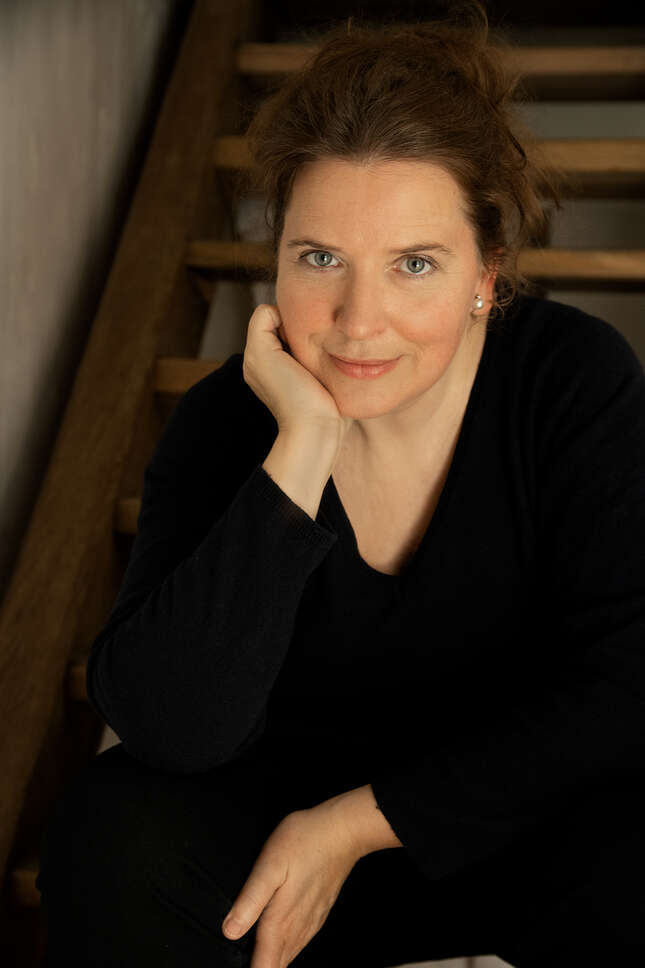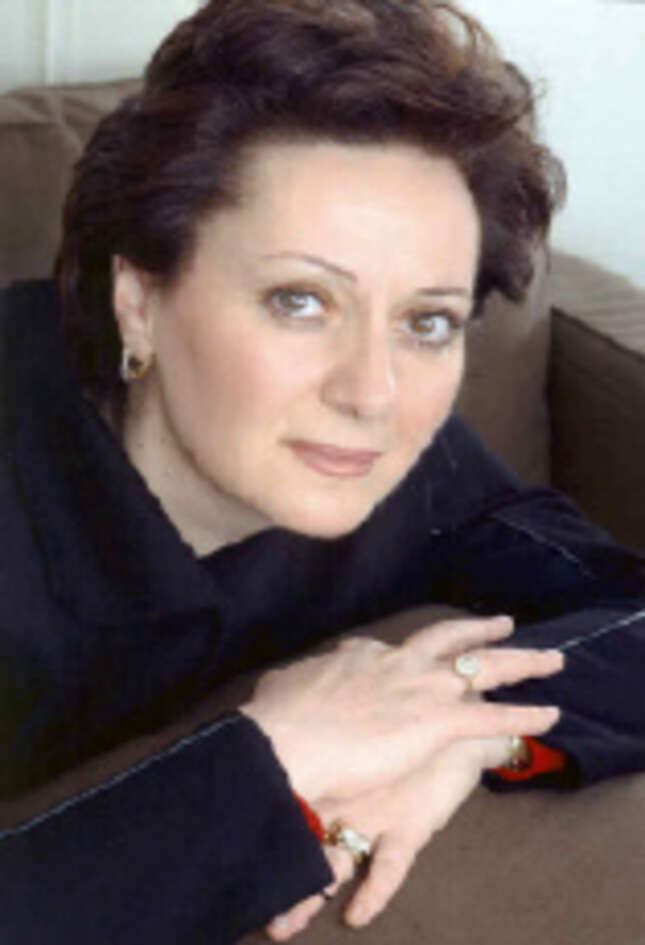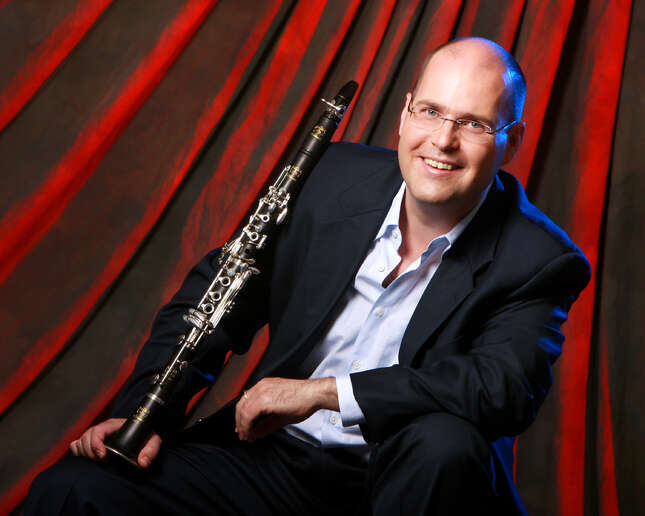Die armenische Sopranistin Hasmik Papian schloss ihr Studium an der Musikhochschule Eriwan zunächst im Fach Violine ab, dann im Fach Gesang. Nach ihrem Debüt an der armenischen Nationaloper war sie u.a. an der Bonner Oper und an der Deutschen Oper am Rhein, Düsseldorf, engagiert. Schon bald wurde sie an eine Vielzahl von Opernbühnen – darunter von den renommiertesten – auf der ganzen Welt eingeladen.
Ihr Repertoire erstreckt sich von Donna Anna (DON GIOVANNI), Matilde (GUILLAUME TELL), Rachel (LA JUIVE) und Micaëla (CARMEN) über Mimì (LA BOHEME), Magda (LA RONDINE), TOSCA, SUOR ANGELICA, MADAMA BUTTERFLY und Margareta/ Elena (MEFISTOFELE) bis hin zu Lisa (PIQUE DAME). Es umfaßt allein zwölf Verdi-Partien: LA TRAVIATA, Desdemona (OTELLO), AIDA, Leonora (IL TROVATORE und LA FORZA DEL DESTINO), Elisabetta (DON CARLO), Elena (I VESPRI SICILIANI), Amelia (SIMON BOCCANEGRA), Elvira (ERNANI), Abigaille (NABUCCO), Odabella (ATTILA) sowie das REQUIEM. Eine für ihre Karriere zentrale Partie ist NORMA; in dieser Rolle trat die Sängerin u.a. in Wien, am Regio von Turin, in Baltimore und Washington, an der Opéra de Marseille, auf den Festivals Chorégies d\'Orange und Luglio Trapanese (Sizilien), in Rotterdam und an der Nederlandse Opera Amsterdam, am Nationaltheater Mannheim, in St. Gallen sowie in Montreal, Detroit und Denver auf.
Hasmik Papian gastiert regelmäßig an der Wiener Staatsoper und ist u.a. aufgetreten an den Staatsopern von München, Stuttgart, Dresden, Hamburg und Berlin, wiederholt an der Deutschen Oper Berlin, an den Opernhäusern von Köln, Essen, Karlsruhe, Mannheim, Genf, St. Gallen und Zürich; Montpellier, Toulon, mehrfach in Marseille und Nizza; im Auditorium Maurice Ravel von Lyon, beim Festival de Carcassonne und wiederholt an der Pariser Bastille-Oper; an der Vlaamse Opera Antwerpen/ Gent und der Opéra Royale de Wallonie in Liège; am Teatro Comunale von Bologna, Regio von Turin, Massimo von Palermo, an der Accademia di Santa Cecilia, Rom, beim Ravenna Festival und an der Scala Mailand; am Teatro Real Madrid und am Maestranza in Sevilla; in der Londoner Wigmore Hall; am Teatr Wielki Warschau; am Marinskij St. Petersburg; New Israeli Opera, Tel Aviv; New Tokyo Opera; in Seoul (Korea); in Santiago de Chilé und in Sao Paulo (Brasilien); an der Canadian Opera Company, Toronto, und an der Opéra de Montréal; an der Michigan Opera, Detroit, Cincinnati Opera Festival, San Francisco Opera, Washington Opera, Colorado Opera, Denver, Carnegie Hall und regelmäßig an der Metropolitan Opera New York.
Hasmik Papian ist mit vielen renommierten Dirigenten aufgetreten – u.a. mit Riccardo Muti, Maurizio Arena, Bruno Campanella, Marcello Viotti, Jean-Claude Casadessus, Georges Prêtre, Michel Plasson, Stefan Soltesz, Simone Young, Jun Märkl, Ivor Bolton, Thomas Hengelbrock, Placido Domingo, Leonard Slatkin, James Conlon, Myun Wun Chung, Gennadi Rozhdestvenski und Valerij Gergiev.
Ihr umfangreiches Konzertrepertoire umfasst Werke von Bach, Pergolesi, Vivaldi, Mozart, Beethoven und Rossini bis zu Brahms, Fauré, Britten und Strauss. Zeitgenössische Komponisten wie Kancheli und Kilar gehören ebenso dazu wie Chatschaturian, Terterian und Mansurian. Im Liedbereich gehören Schubert, Glinka, Tschaikovskij, Rachmaninov und Schostakovitsch zu ihrem Repertoire, sowie armenische Komponisten – namentlich Komitas, der Begründer der modernen klassischen Musik Armeniens, dessen Werke sie in letzter Zeit u. a. in Berlin, Frankfurt, München, Washington DC, Beirut, Kairo, Eriwan, Brüssel und London in Solorecitals interpretiert hat.
Hasmik Papian lebt in Wien.

The Armenian soprano Hasmik Papian graduated from “Komitas” High Academy in Yerevan first as a violinist, then as a singer. After her debut at the Armenian National Opera as Mimì, she was engaged as a soloist among others by Opera Bonn and Deutsche Oper am Rhein, Düsseldorf. Soon, she started an international career and has appeared since at numerous theaters, including the most prestigious operatic stages in the world.
Her repertoire ranges from Donna Anna (DON GIOVANNI), Mathilde (GUILLAUME TELL), Rachel (LA JUIVE) and Micaëla (CARMEN), passing by Mimì (LA BOHÈME), Magda (LA RONDINE), TOSCA, SUOR ANGELICA, BUTTERFLY and Margareta/ Elena (MEFISTOFELE) to Lisa (THE QUEEN OF SPADES). It contains twelve Verdi-roles: LA TRAVIATA, Desdemona (OTELLO), AIDA, Leonora (IL TROVATORE and LA FORZA DEL DESTINO), Elisabetta (DON CARLO), Elena (I VESPRI SICILIANI), Amelia (SIMON BOCCANEGRA), Elvira (ERNANI), Abigaille (NABUCCO), Odabella (ATTILA) as well as the REQUIEM. A central part for her is NORMA; she has appeared in this role among others in Vienna, at Teatro Regio in Turin, in Mannheim, Baltimore, Detroit, Denver and Washington, at Opéra de Marseille, at the festivals Chorégies d\'Orange and Luglio Trapanese (Sicily), at Rotterdam De Doelen Concert House and at The Netherlands Opera Amsterdam.
Hasmik Papian has sung at the Vienna State Opera, as well as the state operas of Munich, Stuttgart, Hamburg and Berlin, at Deutsche Oper Berlin, at the opera theaters of Cologne, Essen, Karlsruhe, Geneva and Zurich; Montpellier, Toulon and Nizza; at Auditorium Maurice Ravel in Lyon, at Festival de Carcassonne and at Opera La Bastille in Paris; at Vlaamse Opera Antwerpe/ Gent; at the Comunale of Bologna, the Massimo of Palermo, at Accademia di Santa Cecilia, Rome, at Ravenna Festival and La Scala of Milan; at the Real Madrid and at the Maestranza in Sevilla; at London Wigmore Hall; at Teatr Wielki in Warsaw; at the Marinskij St. Petersbourg; at New Israeli Opera, Tel Aviv; New Tokyo Opera; in Seoul; in Santiago de Chili; in Sao Paolo; at Canadian Opera Company, Toronto; Cincinnati Opera Festival, San Francisco Opera, Carnegie Hall and Metropolitan Opera New York to name just a few.
The Armenian soprano has appeared with many notable conductors – such as Maurizio Arena, Marcello Viotti, Jean-Claude Casadessus, Georges Prêtre, Michel Plasson, Leonard Slatkin, James Conlon, Myun Wun Chung, Riccardo Muti and Valerij Gergiev.
Her versatile concert repertoire includes works from Bach, Pergolesi, Vivaldi, Mozart, Beethoven to Rossini, and from Brahms, Fauré, Britten to Strauss. Contemporary composers like Kancheli or Kilar are part of it, as well as Khatchaturian, Terterian and Mansurian. Her lied repertoire extends from Schubert and Glinka to Tchaikovsky, Rachmaninov and Shostakovitch; of spezial importance are Armenian composers – above all Komitas, the founder of modern classical Armenian music. She has been performaning the works of Komitas lately among others in Berlin, Frankfurt, Munich, Washington DC, Beirut, Cairo, Yerevan, Brussels and at London’s Wigmore Hall.
Hasmik Papian lives in Vienna, Austria.












